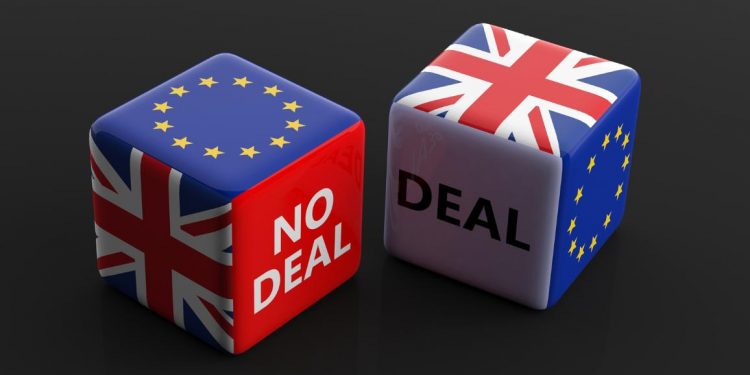The signals from the fraught trade negotiations between the EU and Britain seem to change by the hour.
Big disagreements remain over fisheries, level-playing-field rules for competition and the governance of any deal. But both sides insist they still want a deal.
The two chief negotiators, Michel Barnier for the EU and David Frost for Britain, shuttle frantically between Brussels and London.

Boris Johnson, Britain’s prime minister, and Ursula von der Leyen, the president of the European Commission, have spoken twice by telephone. Yet, even as December 31st approaches, when Britain’s transition period ends, a deal remains elusive.
After the second call, on December 7th, Mr Johnson and Mrs von der Leyen said that “the conditions for finalising an agreement are not there” and that they would meet in Brussels “in the coming days.”
Easily lost in the rush of these last-minute negotiations is the state of public opinion in Britain. In the referendum in June 2016, voters backed the option to leave the EU by 52% to 48%. And in the general election of December 2019 they gave Mr Johnson, a hardline Brexiteer who campaigned to “Get Brexit Done,” a massive majority.
That might point towards rising support for the decision to quit the club. Yet Sir John Curtice, the doyen of British pollsters, who has recently updated his opinion surveys for NatCen, a research institute, concludes otherwise.








